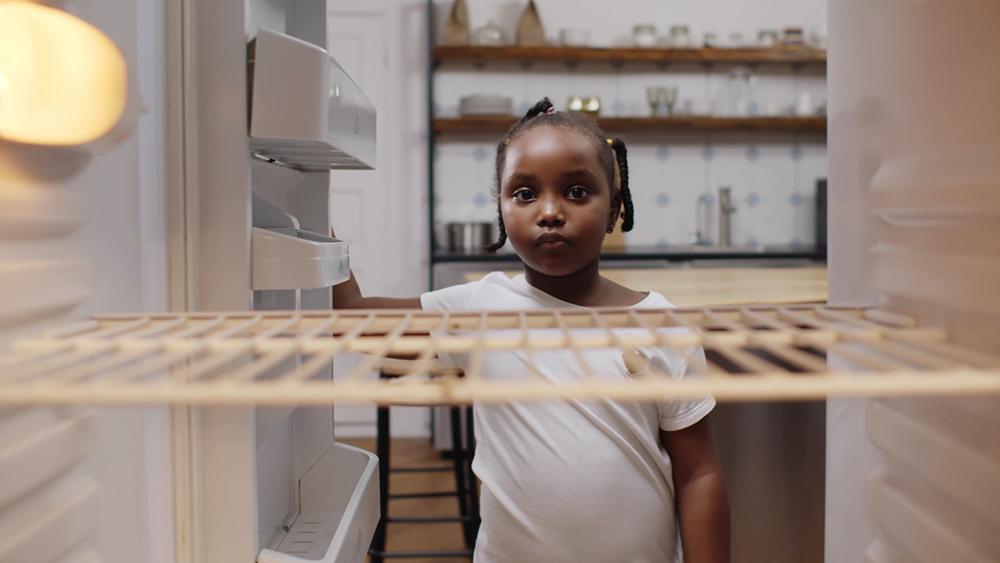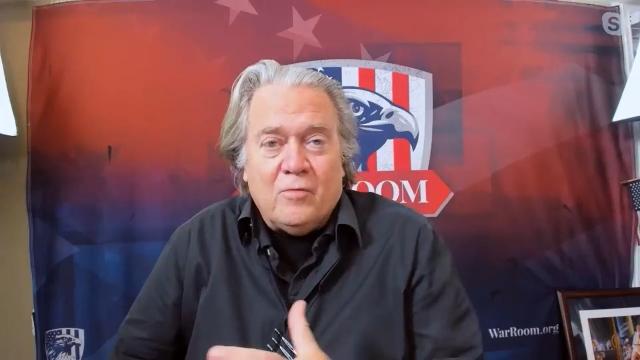
A lot of articles about prepping usually talk about self-defense, weapons, supplies, or survival skills that you need when SHTF. These are all important aspects of prepping, but most people forget another element that all preppers need to consider: financial preparedness. (h/t to BeansBulletsBandagesAndYou.com)
Settling your debts and having an emergency fund will help you deal with various personal disasters like medical emergencies, financial troubles, or unemployment.
Prepare for common personal disasters
Detailed below are core preps that you can start implementing to address personal disasters that may occur. At first glance, some of them may seem difficult or even impossible, but by focusing on your goal and making financially responsible decisions, you can live a debt-free lifestyle and be financially prepared.
Financial preps
- Set up medical insurance for adults in the family. Consider getting “short-term disability” insurance along with your regular medical insurance.
- Keep an emergency fund of at least seven months' expenses (or as much as you can spare) of cash in the bank at all times.
- Set up a house repairs fund and a vacation fund on your bank account.
- Keep and maintain good insurance on all of your cars.
- Have a full contact list for all financials. Store all credit and debit card numbers in a secure location and include all of the company contact info for each card. If the cards are lost or stolen, immediately notify the company.
- Update all medical records and living wills.
- Hide enough emergency cash in your bag or on your person so you can get home from school or work if you lose your wallet.
- Stash emergency funds in a secure location in your home to take care of cash-only emergencies.
Survival preps
- Keep a well-stocked and easily accessible medical kit in the house at all times. Make sure the first aid kit contains tools to stop heavy bleeding and that it can be used by one person on themselves, if necessary.
- Store a vehicle emergency kit in your car, which must include items like a full-size, run-ready spare tire, tool kit, jumper cables, a lithium car starter, a spare quart of motor oil, and a seat belt cutter and window breaker tool.
- When winter comes, add the following items to your vehicle emergency kit to cover winter-related car scenarios: a flashlight, snow shovel, windshield scraper and brush, tire chains, traction mats, and an extra set of winter clothing.
The best way to prevent personal disasters is to aim for financial independence, which becomes easier if you follow a debt-free lifestyle. This requires commitment and some sacrifice on your part, such as being frugal and driving old, but reliable, cars. (Related: Preppers save for a rainy day: Why financial planning is crucial for surviving an economic downturn.)
Once you settle your debts and pay off your mortgage, you can indulge in a vacation fund. But remember, that gets funded last because it's a personal want, not a pressing need.
It's perfectly fine to prep clean water, a stockpile of survival food and supplies, and a backup energy source, but it's also important to clear your debts while you're young and able to work.
This might seem boring, but prepping and survival isn't all about impending doom or unlikely scenarios like the zombie apocalypse. You're more likely to slip in the shower than turn into a zombie. But if you have an emergency medical fund or medical insurance, these personal disasters won't seem impossible to deal with.
Sources include:
BeansBulletsBandagesAndYou.com
Please contact us for more information.



















